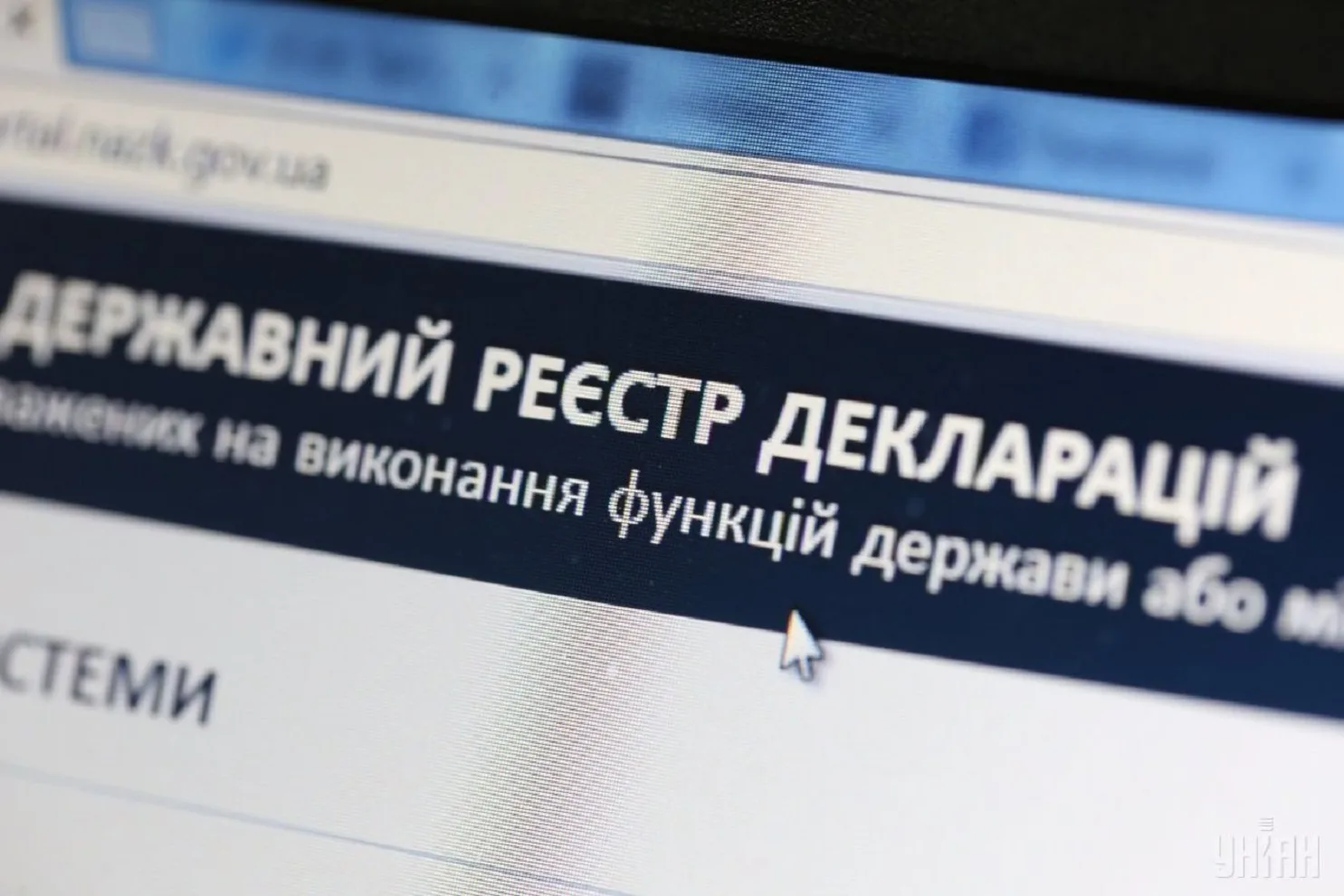Are declarations coming back?

Ukrainian lawmakers voted to restore a requirement that officials declare their assets, a measure sought by the International Monetary Fund, but included a loophole critics say dampens its effect.
The mandatory disclosures were introduced in 2016 but were made optional and restricted from public view after Russia’s full-scale invasion last year because they were considered a security risk.
The IMF had singled out the return of the requirement as one of several benchmarks for paying out part of a $15.6 billion assistance package.
Fighting graft is also a requirement for Ukrainian accession to the European Union and President Volodymyr Zelenskyy’s government has declared it a priority alongside the war effort.
Parliament approved a version of the measure requiring officials to declare their assets, but keeping the disclosures sealed off from the public for another year.
Anti-graft campaigners say keeping the registry closed defeats the primary purpose of the declarations, a key pro-transparency reform introduced after the 2014 Maidan revolution.
It now goes to the president for approval, and supporters of the reform have urged him to veto it.
Before early 2022, public servants from municipal deputies to the president had been required to submit detailed annual declarations including information on personal finances, cars and property.
The National Agency for Corruption Prevention, a state watchdog, reviews the declarations and can launch legal action if it suspects ill-gotten wealth.
A June opinion poll commissioned by Transparency International found that 77% of Ukrainians believed corruption was among Ukraine’s most serious problems.